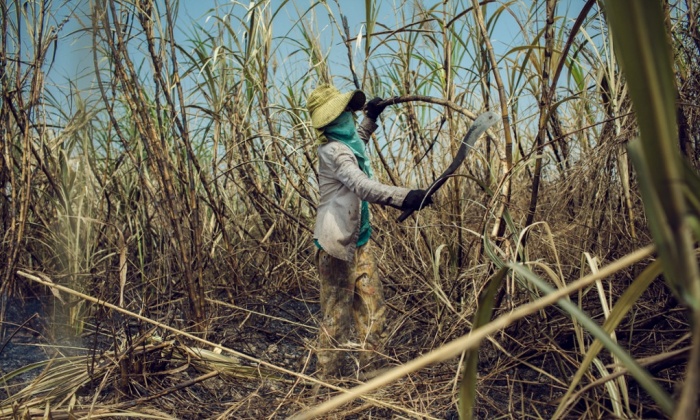During our class on sustainability partnerships, I looked in to a partnership called Bonsucro. Supported by the WWF, Bonsucro is a global non-profit that utilizes a certification scheme to help induce sustainable production policies for the sugarcane industry, which is a major source of pollution and waste.
While seemingly boring at the time, it led me to a really interesting article, by The Guardian, on Bonsucro and how different groups perceive its effectiveness. The insights can seemingly be broadened for most partnerships of this sort that involve large corporations and a certification process.
Bonsucro has certified 3.66% of the global market for sugarcane since its inception with major members including Coca-Cola, Bacardi, Ferrero Group, BP and Shell. While this is seemingly impressive, the former CEO Nick Goodall had projected 5% by 2014 and 20% by 2017.
Where my interest lies, is in the fact that the article states some feel the opposite about the penetration rate of Bonsucro. The article says some believe that this market share of 3.66% has been too fast to be credible. Jason Potts, co-author of The State of Sustainability Initiatives Review, believes the fact that Bonsucro was positioned as “mainstream” eluded to the fact that it would have minimum requirements for certification so that penetration in to the market could be large-scale.
The Guardian article reads like there are several more people than just Jason Potts that feel this way but when trying to find them, my research came up blank. That being said, it does seem like a reasonable assumption to me that any partnership that involves large firms like Coca-Cola from the outset will be influenced to not radicalize the certification process but rather keep it attainable for these companies. But without giant corporations supporting the partnership, penetration of these certification processes is next to impossible.
This is potentially why there are so many certifications that don’t work in the way that they should – there needs to be a fine balance between corporate support and corporate influence. In my mind, it comes down to whether corporate leadership truly has altruistic intentions and will support certification that is actually as rigorous as needed for truly sustainable change.



Hi Connor,
I’ve looked into the site, and it’s definitely full of information that should help companies looking to be certified. The question I have is why would they need this? I don’t know much about the sugar cane industry, but I wonder which stage of change they are actually in (or whether they are even at a point of change).
Would compliance with Bonsucro be a compliance advantage, or does it add value to the product of each firm? I mean, if it was estimated that only 5% of the world’s sugar cane production would be certified by 2014, government regulations must be pretty relaxed. Also, I know that surgar cane is mostly produced in two areas: Central/South America and South-East Asia. What impact will this have, as both areas will have different regulations to follow and might be driven by different end-goals or values?
Thanks!
– Sam D